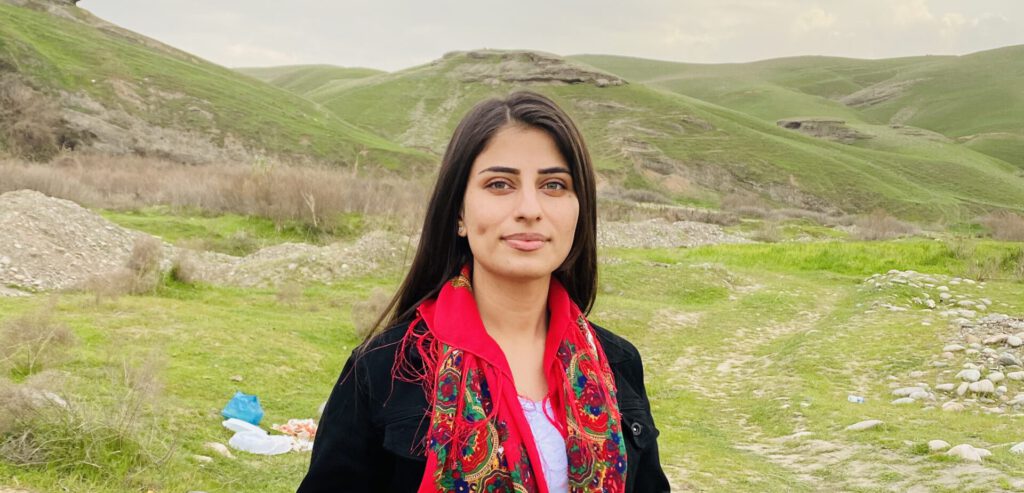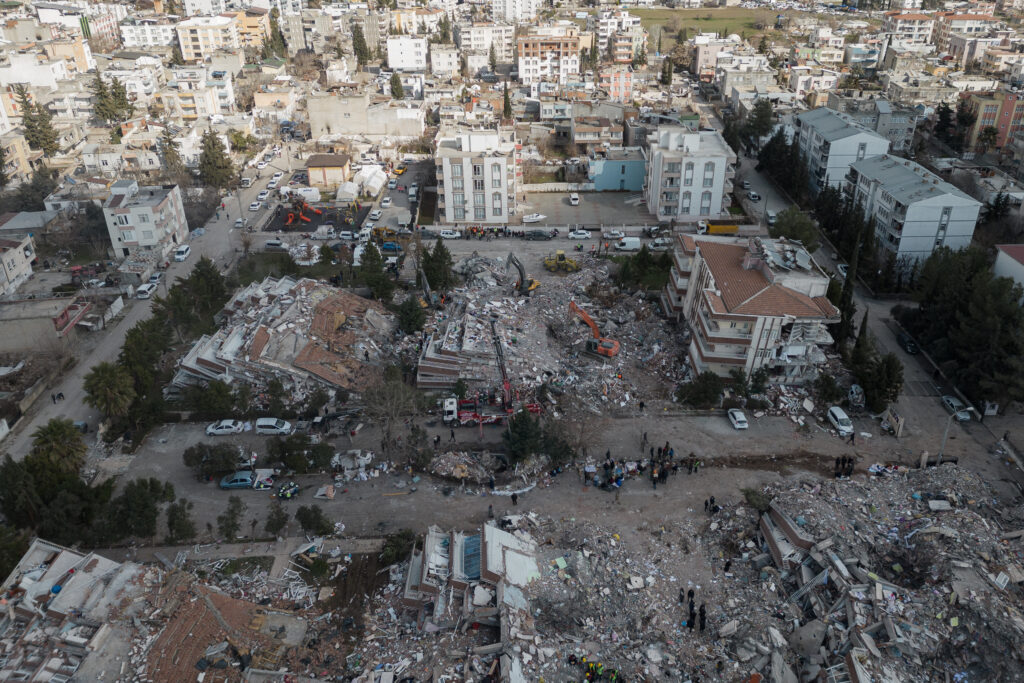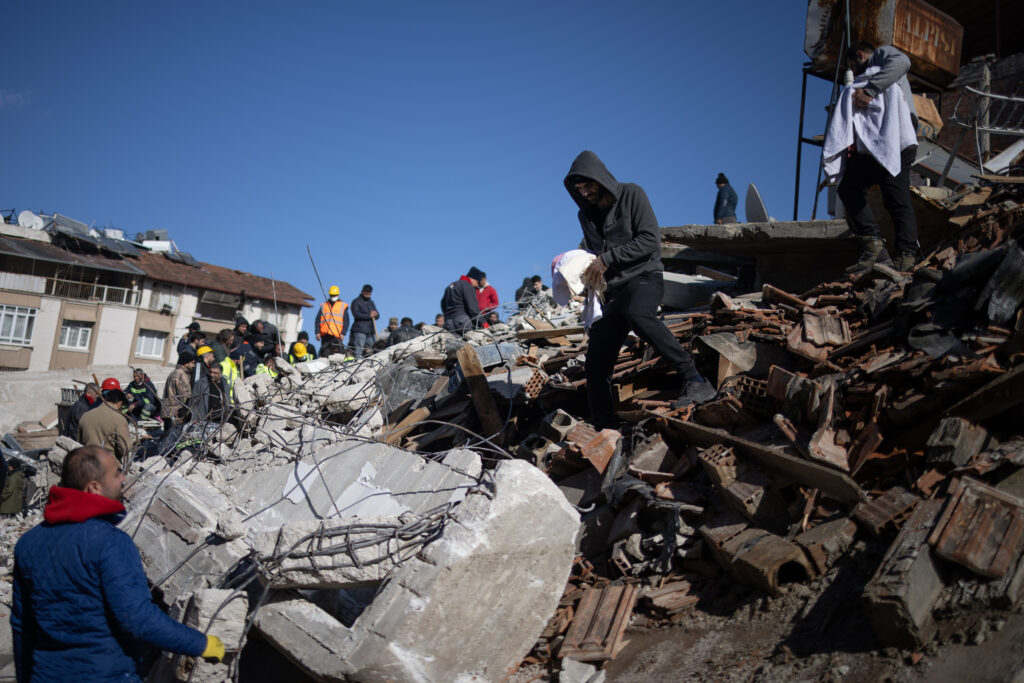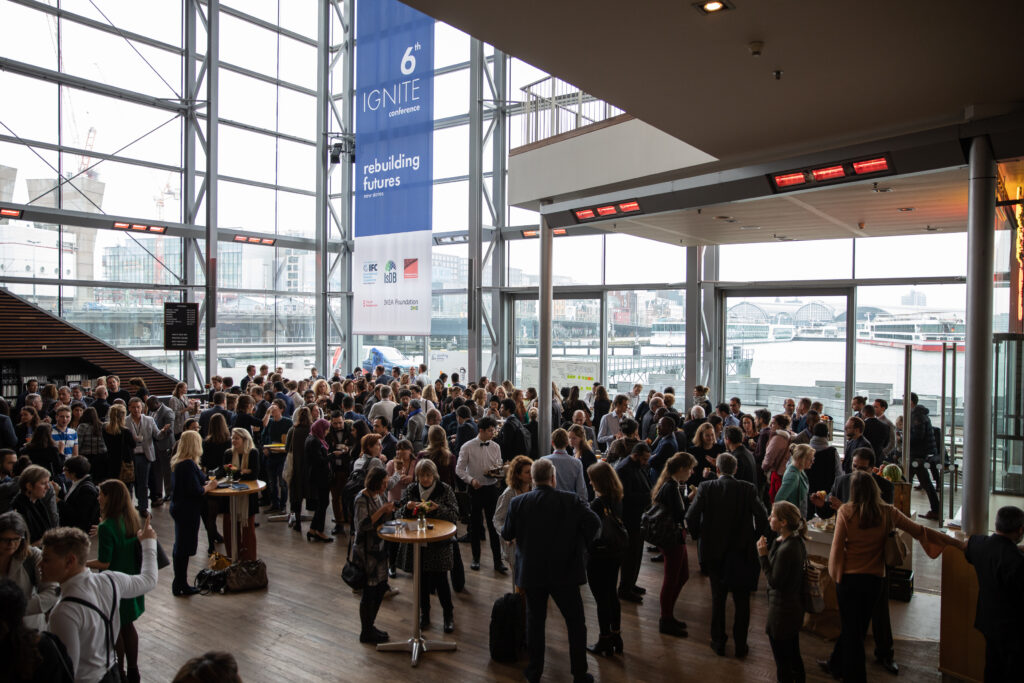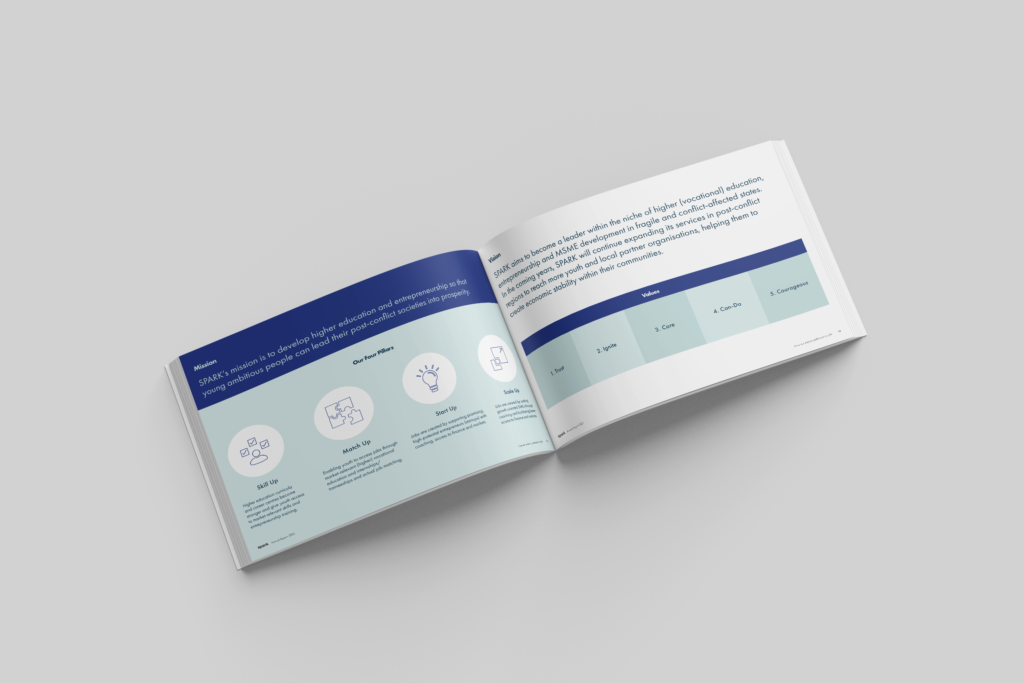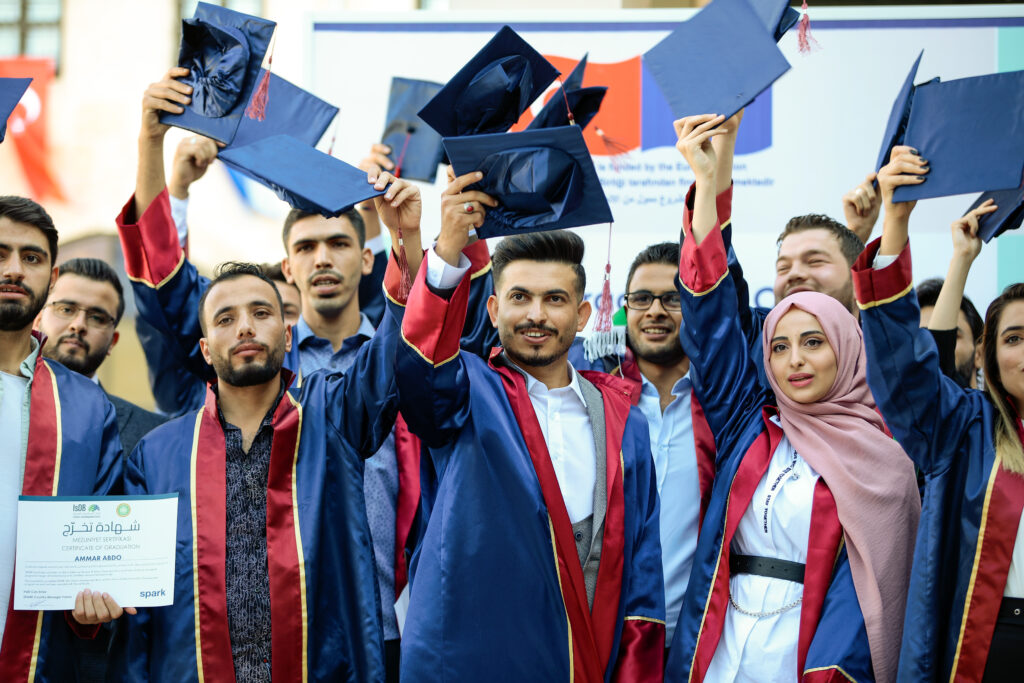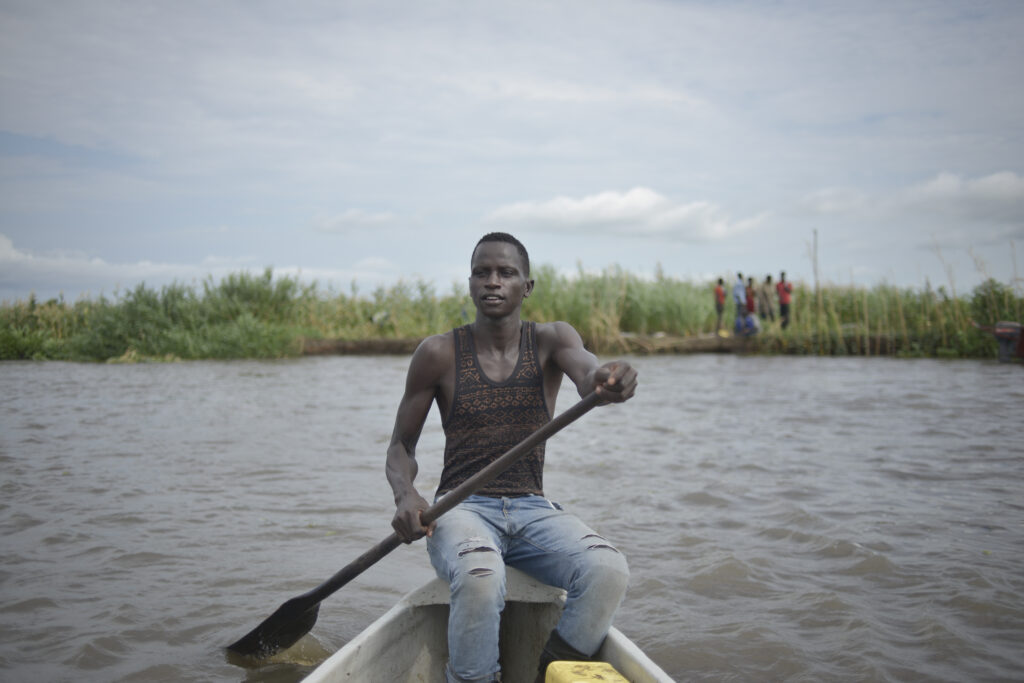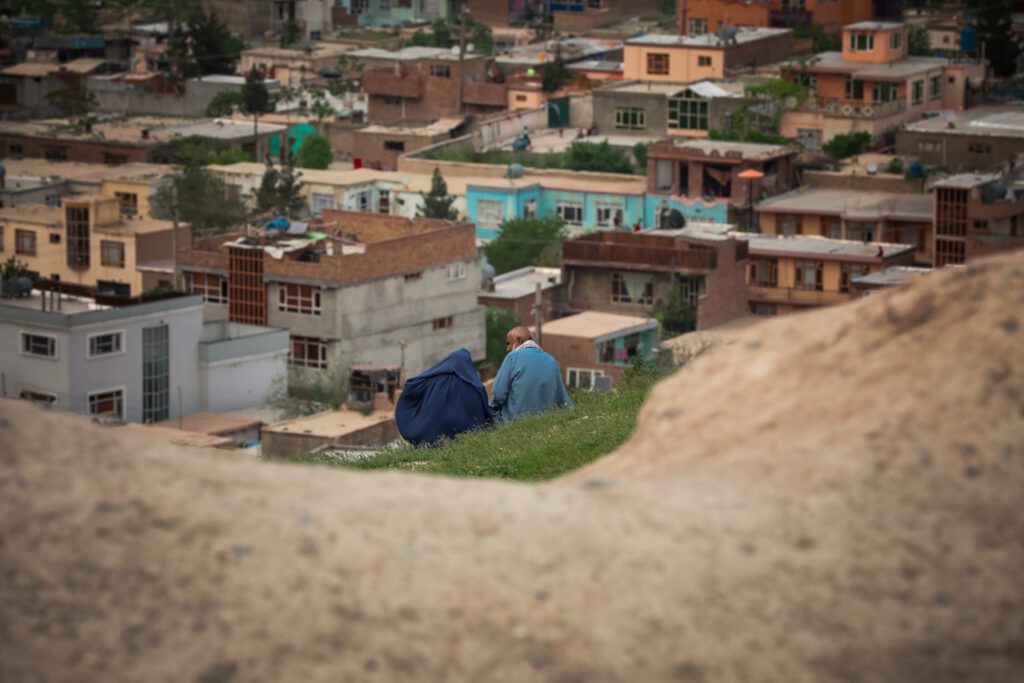Syrian women entrepreneurs paving the way for recovery

For International Women’s Day, we spotlight the resilience and ingenuity of Syrian women entrepreneurs navigating one of the world’s most challenging business landscapes. From tech innovation to sustainable skincare, women like Souad and Aya are proving that, despite economic and social barriers, they are key players in Syria’s recovery. Their stories reflect the urgent need for greater access to funding, education, and structural support—ensuring women are not just surviving but leading the way forward.
“People outside Syria see the situation as stable; they don’t see it for what it really is—chaotic.”
These words from Alaa Alazem, an expert in Startups & SMEs and a Seed Funding Mentor, cut straight to the heart of the reality for Syrian women today. While the fall of any regime inevitably ushers in a period of disorder, Alazem points out that women bear the heaviest burden. Amidst the upheaval that has engulfed Syria over the last 14 years, women have been forced to take on new responsibilities. The challenges have been immense, but Alazem’s insights shed light on the adaptability of women as they navigate – and have navigated – this difficult reality.
As Syria’s economic, social, and political landscapes collapsed, women found themselves having to take on the role of the primary breadwinner. With many men either killed, abducted, or driven into exile, women stepped into positions traditionally held by men. Alazem highlights how, during the last 14 years, women took on regular employment in many sectors because there was no one else to fill those positions.
In the absence of men, women began to carry the financial burden for their families—and in many cases, they also took on the responsibility of supporting their husband’s family.
This shift wasn’t just about survival but adaptation. Women stepped into new roles, found ways to support their families, and broke social and cultural barriers. “Our society changed a lot. We used to have many taboos, but today, at least in urban areas, we have moved beyond this,” Alazem notes. However, she emphasises that women’s experiences vary based on socioeconomic status, education, and access to resources. Hence, this article does not aim to generalise or treat all women’s experiences as the same but seeks to reflect the diversity of their realities.
One example is Souad, CEO of Flaunta Beauty, and her sisters, Sol and Sara, who founded a Damascus-based natural skincare brand blending Syria’s rich ingredients with modern skincare trends. Their complementary skills—Souad’s expertise as a pharmacist, Sara’s background in UX/UI design, and Sol’s pharmacy studies—helped them navigate the realities of running a women-led business in Syria.
Securing funding was a major challenge. “We had to create a thorough business plan, identify risks, and prove we could minimise them,” Souad explains. Economic instability, lack of financial support, and an unpredictable market added to the difficulties. Beyond funding, Souad had to sharpen her decision-making skills, leading her to pursue a Master’s in Quality to develop strategic thinking.
But it wasn’t just about money. Souad also had to develop decision-making skills that were unfamiliar to her. “I’d always worked in roles where I had little control over the company,” she reflects. “I knew I had to improve my skills to lead effectively.” This led her to complete a Master’s in Quality, where she learned decision-making and strategic thinking.
This ties back to something Alazem has pointed out: before the regime’s fall, various programmes provided some support for entrepreneurs through competitions, bootcamps etc. However, these programmes often targeted women from higher socioeconomic backgrounds. Alazem emphasises that, while such initiatives were valuable, they didn’t reach everyone. The women who needed the support the most—the ones with limited resources or opportunities—often missed out.
Beyond the financial and leadership challenges, Souad talks about the pressure women face just by stepping into these roles. “As women, we strive hard to succeed, but we also face the stress of societal expectations,” she says. The sisters are up against not only the economic instability but also the weight of changing long-held views about what women can achieve.
Souad sees this as a crucial moment for women entrepreneurs in Syria. “Women entrepreneurs play a vital role in Syria’s recovery by driving economic growth, creating job opportunities, and fostering innovation,” she says. Flaunta Beauty exemplifies how, despite challenges, change is possible. With better access to funding, education, and skills, businesses like it can thrive and contribute to Syria’s recovery.
Similarly, Aya Kinj, an entrepreneur and tech executive with 24 years of experience, has been instrumental in advancing projects that merge technology with education and food security in Syria. As the founder and general manager of GWA Group, she has led initiatives that bridge technological gaps in critical sectors. Though she moved to the United States in 2013, Aya frequently travels to Syria to oversee her work. Her company’s collaboration with UNESCO to automate the Syrian Ministry of Education and link schools across the country into a unified system is just one example of how women-led businesses are addressing infrastructure challenges. Aya’s work with The Interactive Educational Gateway has pioneered digital learning solutions that have garnered regional and global recognition.
However, as Aya points out, navigating the complexities of running a business in Syria comes with its challenges. “The economic and political instability, alongside weak technological infrastructure, have made business operations incredibly difficult,” Aya explains. The lack of reliable infrastructure is particularly evident in the education sector, where limited internet access and insufficient technological resources have created significant hurdles. These challenges are compounded by limited access to funding—something Alazem has consistently pointed out as a major barrier for women entrepreneurs.
Aya’s experience highlights the gap between the potential of women entrepreneurs and the resources required to fully realise that potential. Alazem has called for more practical support in the form of accessible funding and skill development. Aya’s success, despite these hurdles, underlines the importance of providing women with the tools and opportunities they need to thrive, not just survive.
To ensure women are included in Syria’s recovery, practical steps must be taken. As Alazem stresses, the government formed in the future must create a Ministry for Women, dedicated to not only protecting women but also ensuring their active political role in strategy and decision-making—not simply using them as tokens to please international audiences. Alongside this, the creation of a Ministry for Sports is vital according to Alazem. Such a ministry could empower women through sports, an area known for developing confidence, self-esteem, and leadership—qualities that are crucial for women’s broader empowerment. These steps, according to Alazem, will have a significant impact on women’s development, offering a source of inspiration and strength for others. She also stresses that lifting economic barriers is essential for progress. Sanctions have not only crippled businesses but have also worsened living conditions for women and children, making it imperative for future policies to focus on restoring economic opportunities while ensuring social protections.
By creating the necessary structures and support systems, Syria can ensure that women are empowered to take an active role in rebuilding the country. SPARK is committed to supporting these efforts, working alongside women entrepreneurs and initiatives that provide them with the tools, funding, and opportunities to drive change and contribute to a thriving future for Syria.
Related news
-
![]() Event
EventIGNITE Syria: What you missed and why it matters
-
![]() Event
EventIGNITE Syria: Enabling Communities to Rebuild and Rise
After years of crisis, Syria is taking cautious steps towards rebuilding. The IGNITE Conference 2025, held in Damascus, will bring…
-
![]() Report
Report2023 Annual Report
The Annual Report provides comprehensive information on SPARK’s activities throughout the preceding year. Published with the approval of the Supervisory…
-
![]() News
NewsSyria: From Revolution to Reconstruction
Recent developments in Syria mark a critical juncture in the country’s long and devastating conflict. After more than 13 years…
-
![]() Report
Report2022 Annual Report
-
![]() News
News7 bright young SPARK students and entrepreneurs lost their lives during the earthquakes. We commemorate them.
With great sadness, SPARK has learned that at least seven young students and entrepreneurs that participated in our programmes have…
-
![]() News
NewsEntrepreneurs picking up the pieces after the deadly earthquake. Economic reconstruction needed now.
-
![]() News
NewsIGNITE Conference: September 13, 2022
SPARK is to host the 9th edition of its annual IGNITE conference on Tuesday 13th September this year. The event,…
-
![]() Report
Report2021 Annual Report
Ad excerpt text here
-
![]()
2021: Responding, innovating and building in fragile states
-
![]()
COP26: How we are supporting SMEs to become climate-resilient
-
![]()
Meet three frontline healthcare workers in Syria’s struggling hospitals
-
![]()
Afghanistan: Concerns for stability and the future of youth











